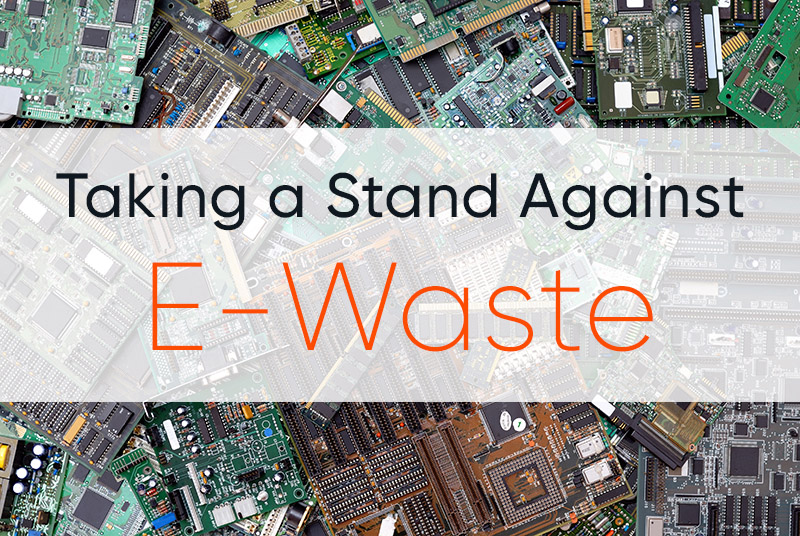Last year, the nature documentary Blue Planet II made its debut to much fanfare. But the second season of the popular nature show didn’t just awe viewers with its beautiful imagery of Mother Nature. Legendary narrator Sir David Attenborough implored people to take plastic pollution more seriously.
The show inspired its parent company, the BBC, to ban all plastic cups and utensils, with a promise to institute a similar ban on plastic containers by 2019. The BBC is not unique in doing this. Bans on plastic straws are expanding at the local and national levels. It’s happening in cities across the US and here in Taiwan, where plastic items like cups and shopping bags will be banned by 2030.
This issue of plastic pollution is particularly close to my heart; I’ve written about the obscene amount of plastic bags we use in Singapore. Plastic waste is in the spotlight, and some supermarkets are providing incentives like discounts to shoppers if they bring their own grocery bags.
Pollution is also a first-world problem
With a nation comprised of gadget-loving citizens, Singapore is producing roughly 60,000 tons of e-waste a year. In fact, according to the National Environment Agency of Singapore (NEA), about 1,141kg of electrical and electronic gadgets are discarded every 10 minutes. That’s about the weight of more than 7,000 mobile phones.
Singapore is the second largest producer of e-waste per capita after HK, according to a UN University report. The Singapore government acknowledges the country’s reputation for its e-waste and is mulling regulation options that include having manufacturers collect their products once they are no longer deemed useful by consumers.
Across Asia, China ranks as the biggest contributor to rising e-waste figures, growing by 6.7 million metric tons in 2015, up 107 percent since 2005. China has also acknowledged this and is taking measures to address this e-waste problem.
Being part of the solution
As organizations steer towards technological innovation to power solutions and address consumer demands, the magnitude of the problem that e-waste represents is becoming more evident.
To be sure, e-waste is not garbage. E-waste has value. Industry watchers believe the amount of gold that can be recovered from e-waste can be as much as 11 percent of the world’s total gold mined each year. However, the processes and methods to do so are still relatively underdeveloped across Asia.
As consumers, we need to curb our tendencies to want every shiny new toy that comes along, especially when our existing devices are in perfectly good condition.
Sounds impossible, doesn’t it?
Manufacturers need to do their part as well. How products are conceptualized, manufactured, disposed of, and recycled are all important factors. To this end, China’s governmental bodies are making electronics manufacturers shoulder some of the responsibility of ensuring their products can be reclaimed or recycled.
In the enterprise, business leaders need to rethink traditional assumptions that electronics and IT equipment in their companies have a shelf life that is only as long as the manufacturers say it is.
Just as you shouldn’t throw away a working smartphone when you’ve purchased the latest smartphone, you shouldn’t do that to your office equipment either. For instance, consider sending your IT equipment for proper asset disposition.
Or, find new uses for old hardware. Recycling what no longer serves useful purpose is actually another option worth examining.
Cooperative efforts between NGOs, governments, and the private sector will play a key role in ensuring we all play a part in building sustainable technologies for humanity to prosper. Ultimately, what we do as individuals and as members of organizations count.
I leave you with this thought: Make sure the decisions you make in the name of being more productive, more efficient, and wanting to do more are not exacting a tax on our planet.
Definitely look into how your IT team can adopt sustainable practices in the enterprise, and make an effort to be more responsible as corporate citizens.



